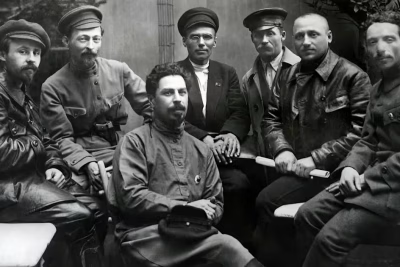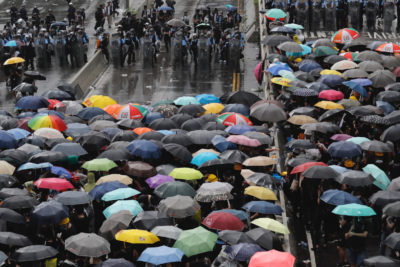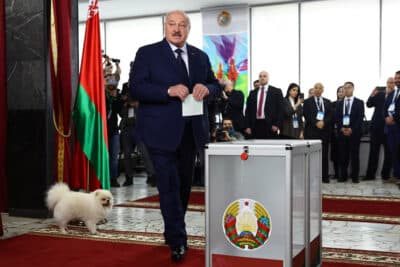
Belarus Human Rights Defenders in 2025: Voices Against Repression
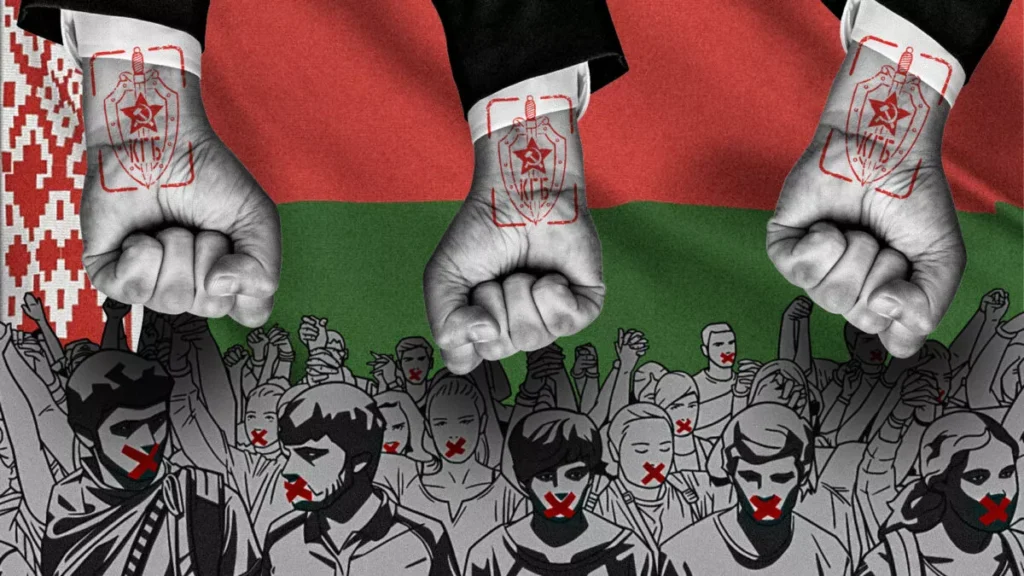
Courage in the Face of Oppression
- Courage in the Face of Oppression
- 1. Who Are the Human Rights Defenders of Belarus?
- 2. The State of Human Rights in Belarus in 2025
- 3. Strategies for Survival and Resistance
- 4. The Role of International Solidarity
- 5. Women at the Frontlines
- 6. The Price of Courage
- 7. Why Their Work Matters to the World
- Conclusion: A Call to Action
- FAQs
In 2025, Belarus human rights defenders stand as one of the last bastions of hope for a nation trapped under authoritarian rule. These activists, lawyers, journalists, and ordinary citizens risk imprisonment, exile, and even their lives to protect fundamental freedoms. Despite relentless government crackdowns, their voices continue to resonate both inside the country and across the global stage.
This year, their fight is more urgent than ever. As political prisoners reach record numbers, censorship tightens, and state violence escalates, human rights defenders in Belarus are adapting, networking internationally, and finding new ways to keep the truth alive.
1. Who Are the Human Rights Defenders of Belarus?
Human rights defenders (HRDs) in Belarus come from diverse backgrounds, but share a common mission: to safeguard civil liberties, document abuses, and support victims. Some are lawyers providing legal aid to political detainees, others are journalists exposing corruption, while many are volunteers organising humanitarian aid for families of the repressed.
Notable examples in 2025 include:
- Ales Bialiatski – Nobel Peace Prize laureate, currently imprisoned for his work with Viasna Human Rights Centre.
- Nasta Loika – a fearless advocate for political prisoners and women’s rights.
- Andrei Bastunets – defending independent journalism through the Belarusian Association of Journalists.
2. The State of Human Rights in Belarus in 2025
The political climate remains suffocating. Following the 2020 protests, the regime has systematically dismantled civil society:
- Over 1,500 political prisoners remain behind bars.
- Independent media outlets are banned, and hundreds of journalists operate in exile.
- Peaceful assemblies are met with arrests and heavy fines.
- International human rights organisations have been expelled or labelled “extremist”.
The Belarus KGB and other security services monitor and intimidate anyone suspected of dissent. Defenders are often prosecuted under vague charges like “extremism” or “harming state security”.
3. Strategies for Survival and Resistance
Despite the dangers, human rights defenders are far from silent. Their strategies in 2025 include:
- Digital resilience – Using encrypted messaging, VPNs, and mirror websites to bypass censorship.
- International partnerships – Collaborating with NGOs in Poland, Lithuania, and beyond to publish reports and fund support programmes.
- Underground networks – Discreetly providing legal aid, safe houses, and psychological support for activists at risk.
- Diaspora activism – Exiled defenders organise protests, cultural events, and lobbying efforts abroad to keep Belarus on the world’s agenda.
4. The Role of International Solidarity
Without external support, the survival of Belarus human rights defenders would be nearly impossible. European institutions, the United Nations, and global NGOs such as Amnesty International and Human Rights Watch continue to monitor and document abuses.
Sanctions against the regime, although imperfect, are partly the result of HRDs’ tireless advocacy. Lobbying in Brussels, Washington, and at the UN has kept Belarus from disappearing from international discourse.
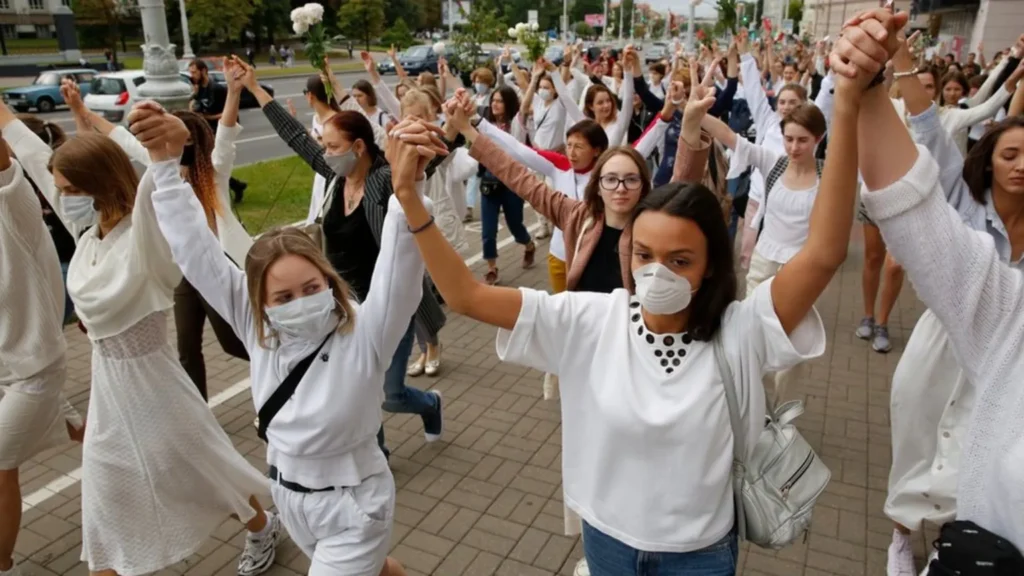
5. Women at the Frontlines
Women have become a defining force in Belarusian human rights defence. They not only lead major organisations but also shape the moral narrative of the struggle. In 2025, women human rights defenders are addressing issues like gender-based violence in detention, discrimination against female activists, and the unique challenges faced by mothers in exile.
6. The Price of Courage
The cost of this work is staggering:
- Arrests and long prison sentences – often in harsh conditions without proper medical care.
- Exile and separation from families – a painful but sometimes necessary choice for survival.
- Economic hardship – loss of employment, property confiscation, and frozen bank accounts.
Yet, the resilience of these defenders is a testament to the unbreakable spirit of the Belarusian pro-democracy movement.
7. Why Their Work Matters to the World
Belarus may be small, but its struggle mirrors global challenges to democracy and human rights. The persistence of Belarusian HRDs serves as a warning of how quickly freedoms can vanish — and as an inspiration for resistance.
Their documentation of state crimes ensures that, one day, those responsible may face justice. Their advocacy pressures governments to act. And their solidarity networks remind us that, in the darkest times, collective courage can still shine.
Conclusion: A Call to Action
In 2025, the fight of Belarus human rights defenders is not just about their country — it’s about defending the very principles of dignity, justice, and freedom that affect us all. Supporting them means amplifying their voices, sharing their stories, and ensuring the regime’s crimes are never normalised.
As long as these defenders continue their work, there is hope for a free and democratic Belarus.
FAQs
1. What is the biggest challenge for Belarus human rights defenders in 2025?
The main challenge is state repression — from arrests to forced exile — combined with severe internet censorship and restrictions on foreign funding.
2. How can people outside Belarus support them?
By donating to verified NGOs like Viasna, sharing reliable information on social media, and pressuring governments to keep Belarus on the international agenda.
3. Are human rights defenders in Belarus recognised internationally?
Yes. Many have received international awards, but recognition often comes with increased risks from the regime.
4. Why is the Belarusian diaspora important for human rights work?
Exiled defenders act as a lifeline, maintaining communication channels, funding initiatives, and representing Belarus abroad.



